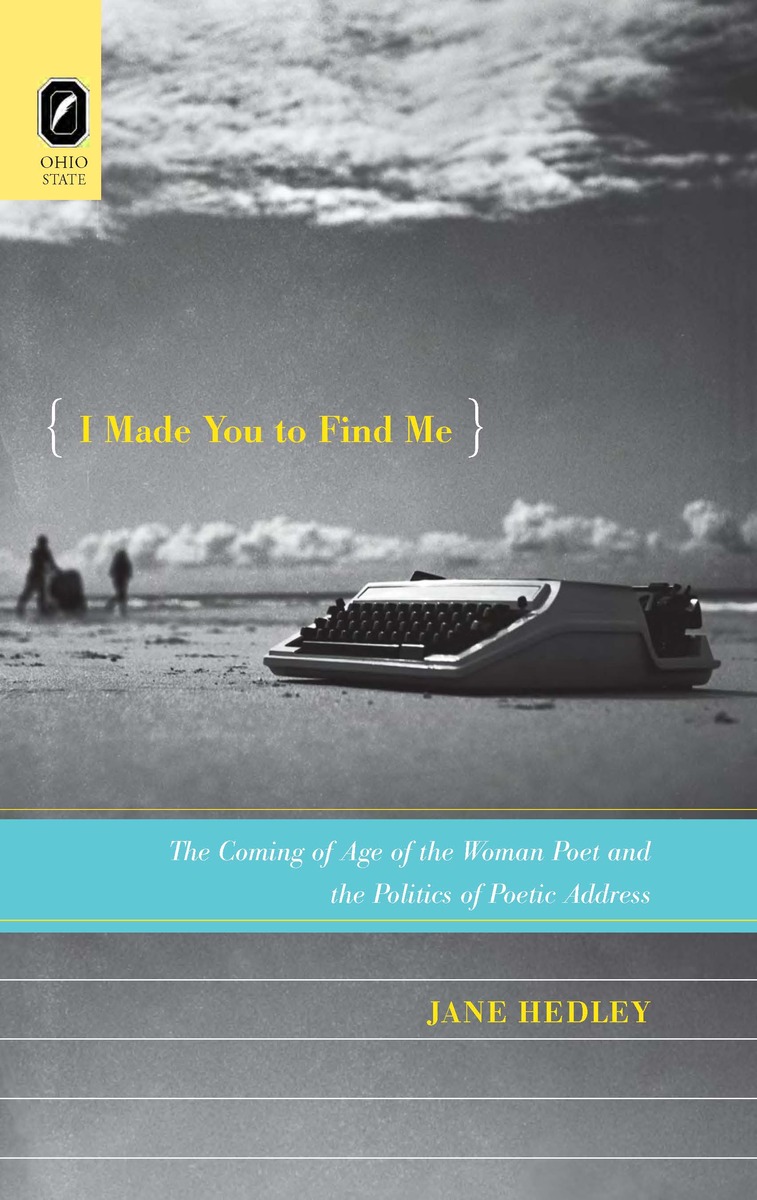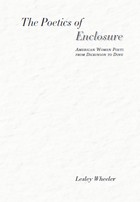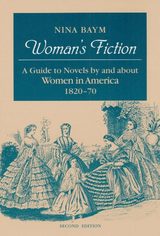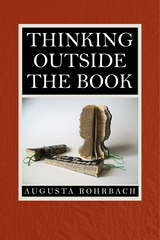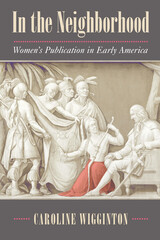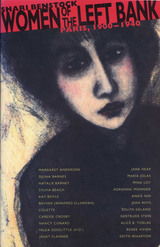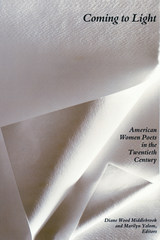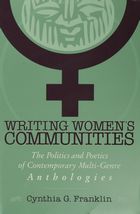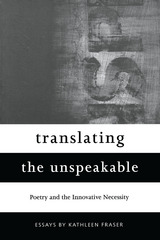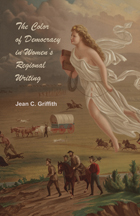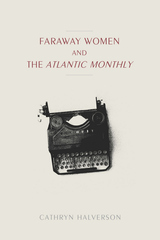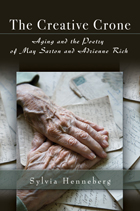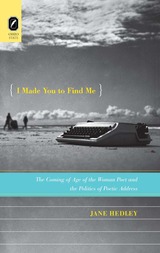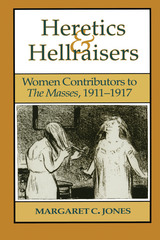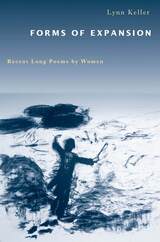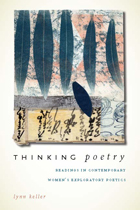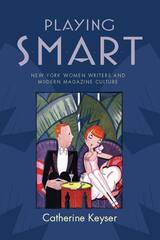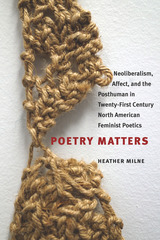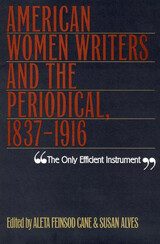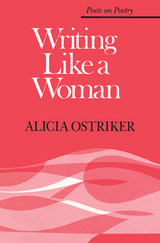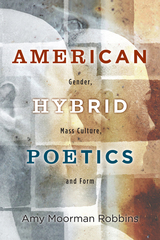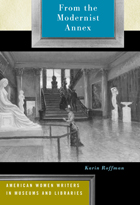I Made You to Find Me: The Coming of Age of the Woman Poet and the Politics of Poetic Address
The Ohio State University Press, 2009
Paper: 978-0-8142-5642-8 | Cloth: 978-0-8142-1101-4 | eISBN: 978-0-8142-7942-7
Library of Congress Classification PS151.I25 2009
Dewey Decimal Classification 811.54099287
Paper: 978-0-8142-5642-8 | Cloth: 978-0-8142-1101-4 | eISBN: 978-0-8142-7942-7
Library of Congress Classification PS151.I25 2009
Dewey Decimal Classification 811.54099287
ABOUT THIS BOOK | AUTHOR BIOGRAPHY | REVIEWS | TOC
ABOUT THIS BOOK
When Anne Sexton, Adrienne Rich, Sylvia Plath, and Gwendolyn Brooks began to write poetry during the 1940s and ’50s, each had to wonder whether she could be taken seriously as a poet while speaking in a woman’s voice. I Made You to Find Me, the last line of one of Sexton’s early poems, calls attention to how resourcefully the “I-you” relation had to be staged in order for this question to have an affirmative answer. Whereas Rich tried at first to speak to her own historical moment in the register of universality, Plath openly aspired to be “the Poetess of America.” For Brooks, womanhood and “blackness” were inextricable markers of poetic identity.
Jane Hedley’s approach engages biographical, formal, and rhetorical analysis as means to explore each poet’s stated intentions, political stakes, and rhetorical strategies within their own historical context. Sexton’s aggressively social persona called attention to the power dynamics of intimate relationships; Plath’s poems lifted these relationships onto a different plane of reality, where their tragic potential could be more readily engaged. Rich’s poems bear witness to the enormous difficulty, notwithstanding the crucial importance, of reciprocity—of making “you” to find “we.” For Brooks, the crucial question has been whether she could presuppose an “American” audience without compromising her allegiance to “blackness.”
See other books on: Age | Coming | Women and literature | Women authors | Women poets, American
See other titles from The Ohio State University Press
